Why Tom Hiddleston's High-Rise is the ultimate marmite movie
Adaptation of JG Ballard's dystopian novel about social classes in a 1970s tower block divides critics
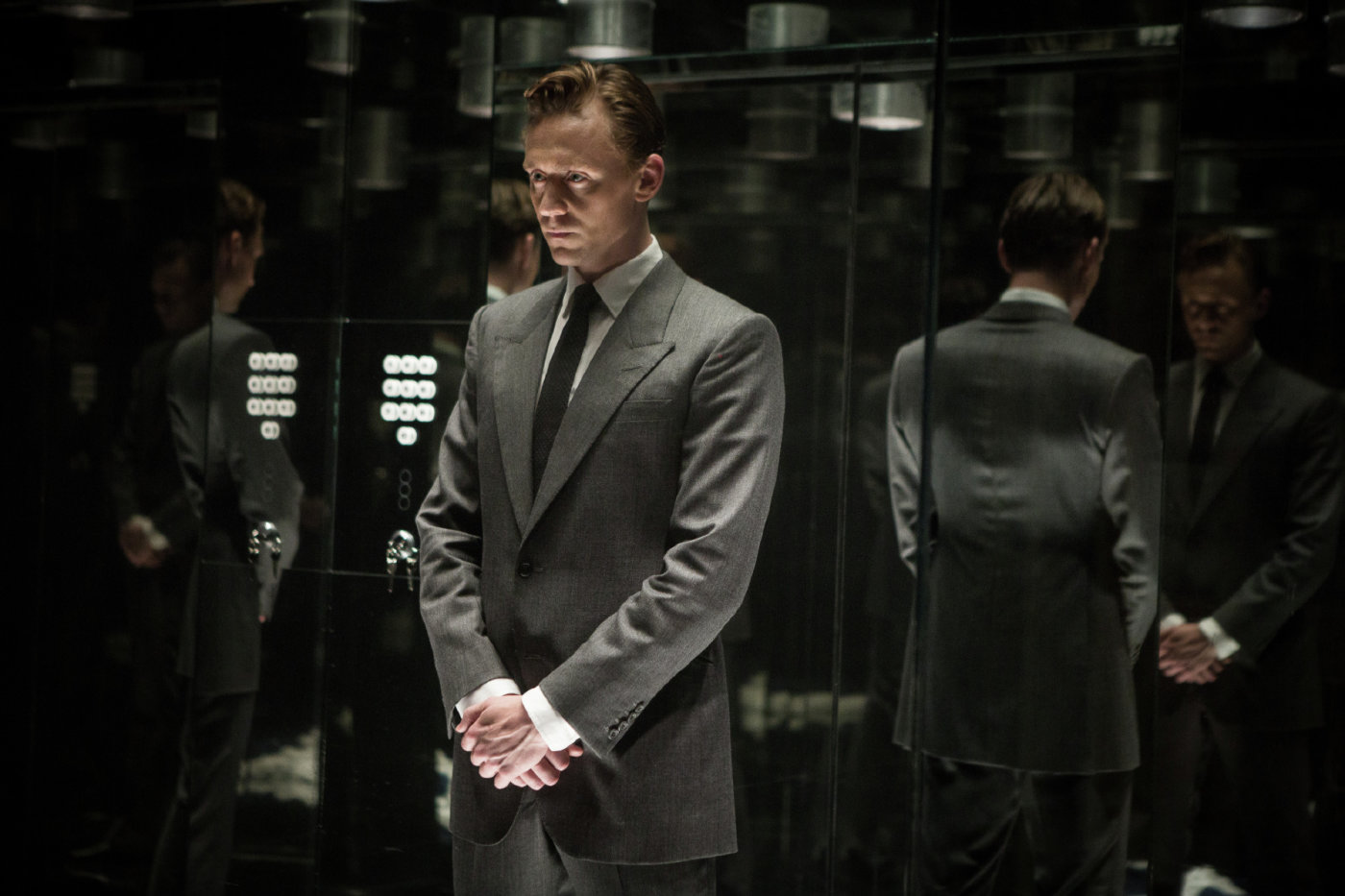
A free daily email with the biggest news stories of the day – and the best features from TheWeek.com
You are now subscribed
Your newsletter sign-up was successful
Tom Hiddleston's new drama High-Rise has been panned as a misogynist "dog's dinner" by some critics, and the "social-surrealist film of the year" by others.
Based on JG Ballard's 1975 cult novel on the stratification and subsequent breakdown of society, High-Rise has drawn comparisons to The Lord of the Flies and A Clockwork Orange.
It centres on a tower block divided along class lines: the poor inhabit the lower floors while the elite reside at the top, in an opulent penthouse with a horse as a pet.
The Week
Escape your echo chamber. Get the facts behind the news, plus analysis from multiple perspectives.

Sign up for The Week's Free Newsletters
From our morning news briefing to a weekly Good News Newsletter, get the best of The Week delivered directly to your inbox.
From our morning news briefing to a weekly Good News Newsletter, get the best of The Week delivered directly to your inbox.
Directed by Ben Wheatley, it opens with the tower block's newest resident, Dr Robert Laing, played by Hiddleston, blood-splattered and eating a dog on his balcony, then flashes back to three months earlier, when Laing first moved in, to document the demise of the building and its residents.
Scarlett Russel at Digital Spy says the apocalypse "never looked prettier". Sienna Miller plays a "loveable tart", while Jeremy Irons and Keeley Hawes play the rich architect and his wife.
"Political themes of class war and poverty are peppered with humour, while scenes of violence and even rape are softened by stunningly psychedelic photography," she says.
The Guardian's Peter Bradshaw also has high praise for the film's "gnomic refusal of normal storytelling and the way it approximates the distance of Ballard's prose". He describes it as an "ingenious adaptation" and "the social-surrealist film of the year".
A free daily email with the biggest news stories of the day – and the best features from TheWeek.com
[[{"type":"media","view_mode":"content_original","fid":"92444","attributes":{"class":"media-image"}}]]
But it is the film's distancing that has earned it accusations of misogyny.
"Wheatley is so in love with his own visual style and excesses that all allegory and satire is lost while the violence escalates and women are beaten then raped," says Deborah Ross at The Spectator. "Misogyny with social commentary comments on misogyny, but without that it's just misogyny served up for its entertainment value."
The film visits some "very dark places", adds Ross, but it "doesn't have anything to say about inequality or social disorder or capitalism or anything at all".
Nigel Andrews in the Financial Times gives High-Rise just one star. "The film begins with a dog's dinner and then becomes one," he says, complaining about its lack of wit and tonal subtlety, as well as the "crudely monorhythmic" script.
But giving it five stars, Kate Muir at The Times says: "This is a film as English as Marmite, one to love or hate. I love it."
Ballard's novel made little of the lives of the women in the block, but Amy Jump's script emphasises their roles, Muir says: "Rarely is a period film so of the moment."
Perhaps the problem is that Wheatley has taken an "unreadable novel" and turned it into "an unwatchable film", argues David Edwards in the Daily Mirror.
"This is an arch, icy film whose visuals more than once recall the tonal styles of Stanley Kubrick – but it's also a movie that seems to take pleasure in distancing itself from its audience.
"Maybe that was what Wheatley was aiming for in a story about the dehumanising effects of capitalism.
"But just try sitting through it."
-
 The ‘ravenous’ demand for Cornish minerals
The ‘ravenous’ demand for Cornish mineralsUnder the Radar Growing need for critical minerals to power tech has intensified ‘appetite’ for lithium, which could be a ‘huge boon’ for local economy
-
 Why are election experts taking Trump’s midterm threats seriously?
Why are election experts taking Trump’s midterm threats seriously?IN THE SPOTLIGHT As the president muses about polling place deployments and a centralized electoral system aimed at one-party control, lawmakers are taking this administration at its word
-
 ‘Restaurateurs have become millionaires’
‘Restaurateurs have become millionaires’Instant Opinion Opinion, comment and editorials of the day
-
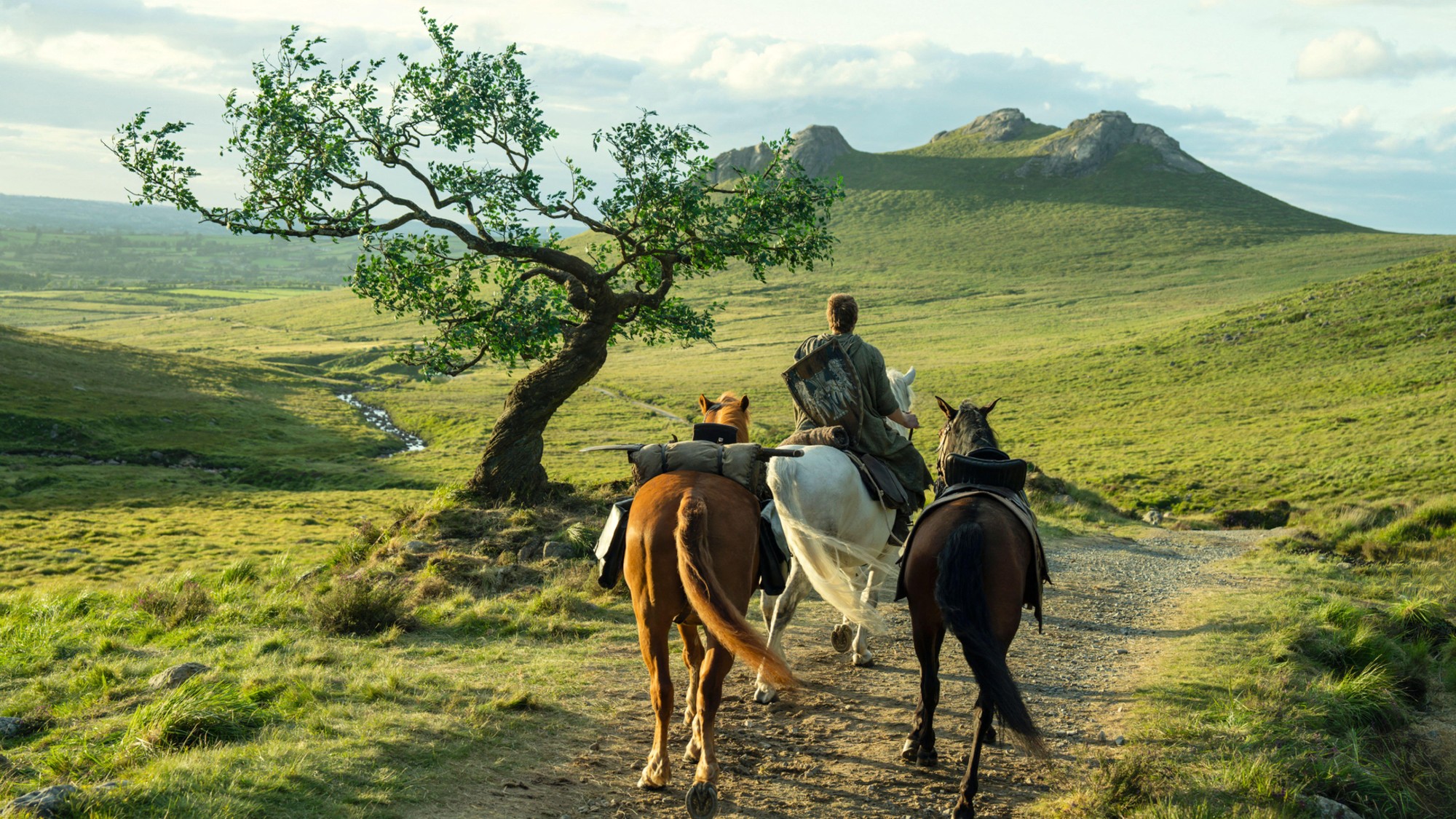 Scoundrels, spies and squires in January TV
Scoundrels, spies and squires in January TVthe week recommends This month’s new releases include ‘The Pitt,’ ‘Industry,’ ‘Ponies’ and ‘A Knight of the Seven Kingdoms’
-
 Friendship: 'bromance' comedy starring Paul Rudd and Tim Robinson
Friendship: 'bromance' comedy starring Paul Rudd and Tim RobinsonThe Week Recommends 'Lampooning and embracing' middle-aged male loneliness, this film is 'enjoyable and funny'
-
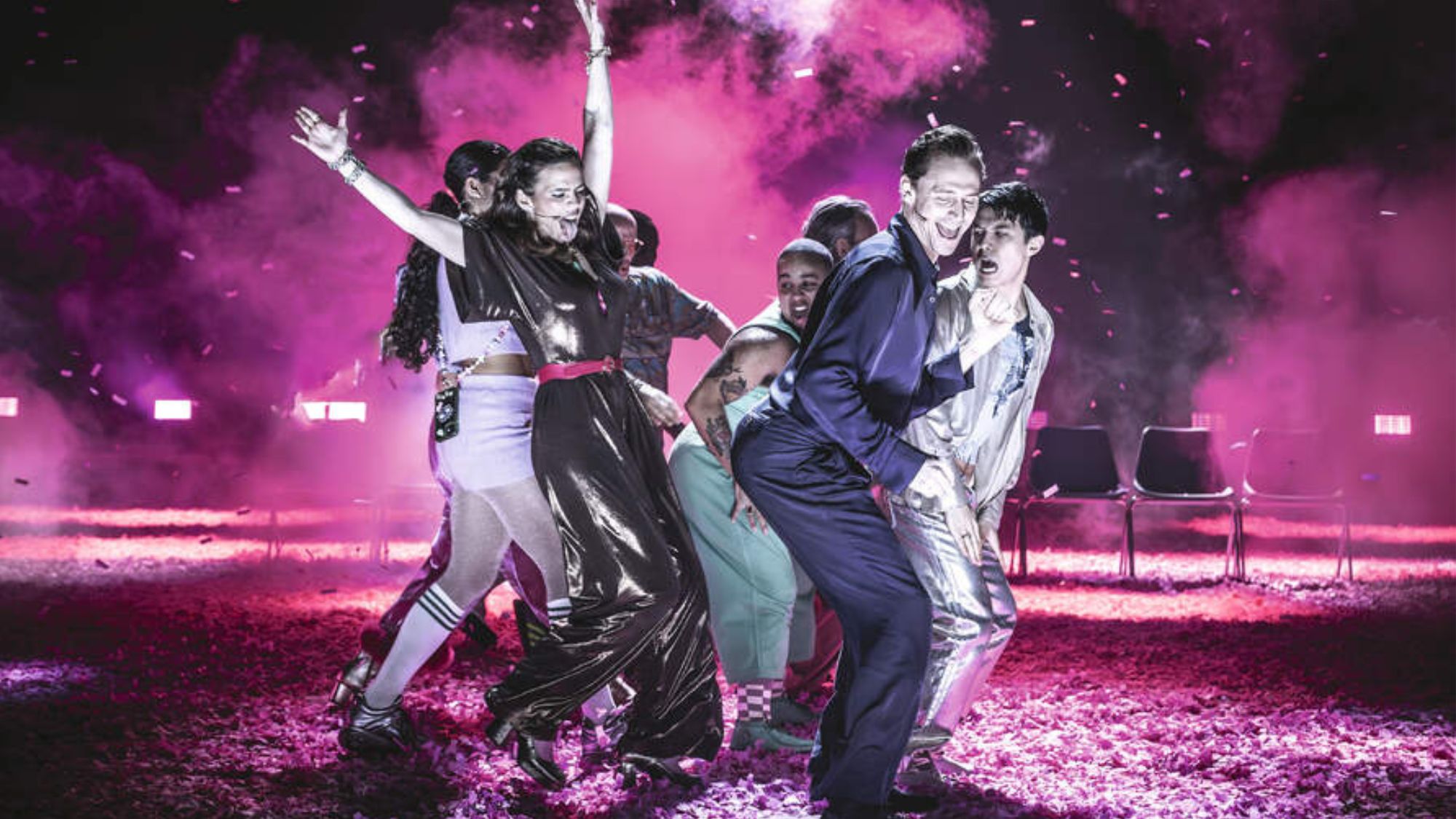 Much Ado About Nothing: Tom Hiddleston and Hayley Atwell deliver 'full-on fiery and fleshy' performance
Much Ado About Nothing: Tom Hiddleston and Hayley Atwell deliver 'full-on fiery and fleshy' performanceThe Week Recommends Jamie Lloyd's adaptation of Shakespeare classic leans on '1990s pop favourites'
-
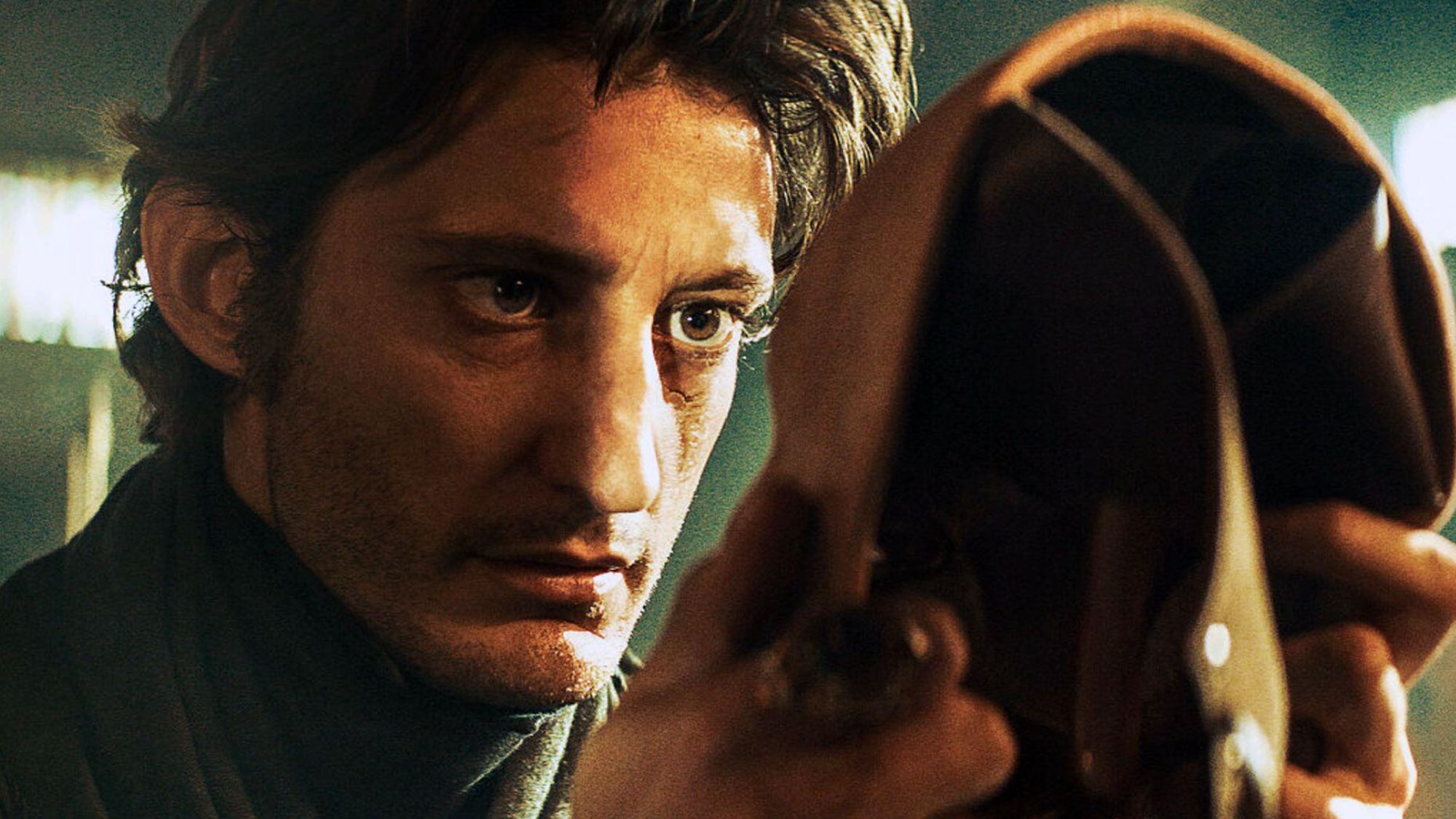 The Count of Monte Cristo review: 'indecently spectacular' adaptation
The Count of Monte Cristo review: 'indecently spectacular' adaptationThe Week Recommends Dumas's classic 19th-century novel is once again given new life in this 'fast-moving' film
-
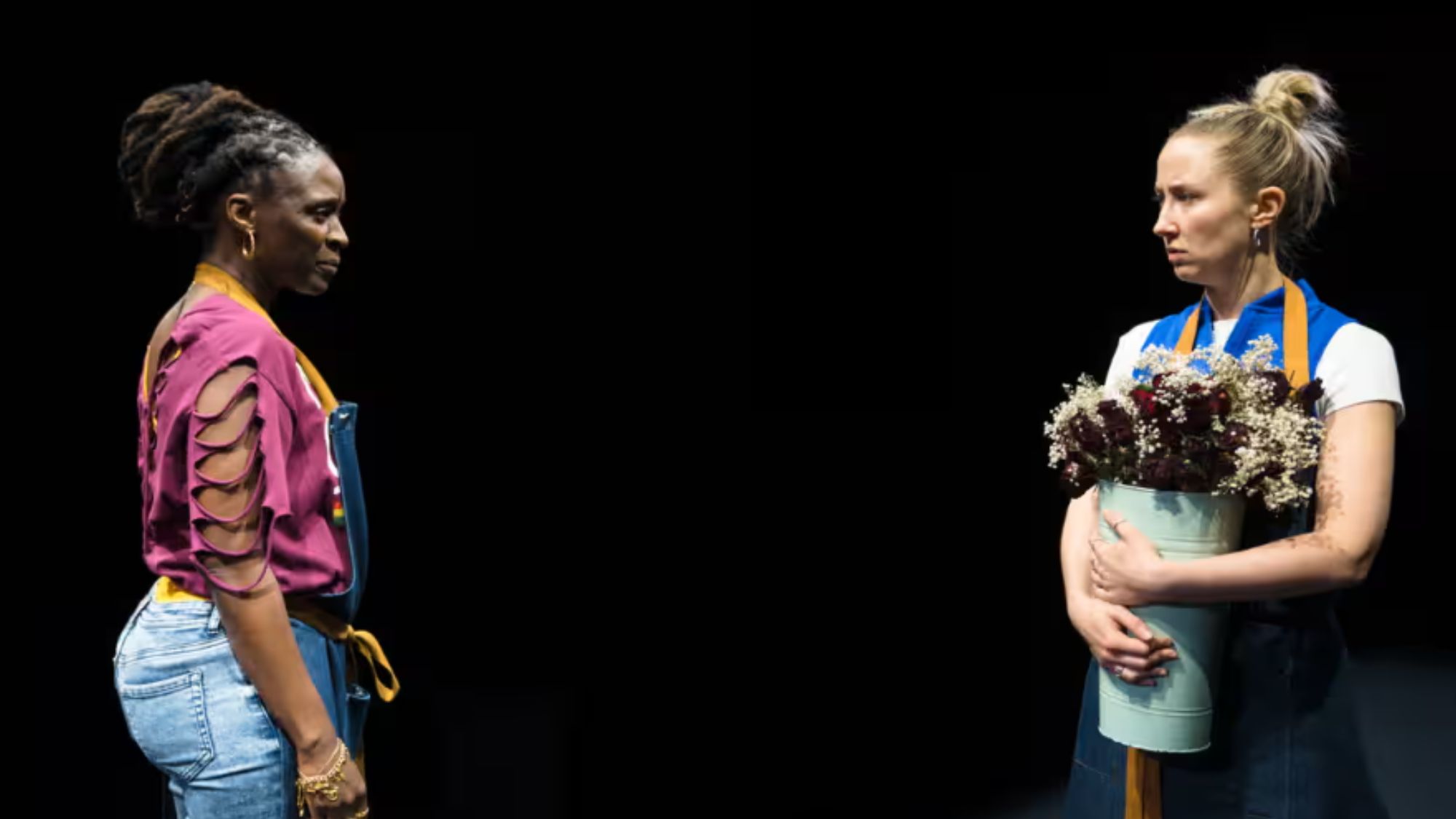 Death of England: Closing Time review – 'bold, brash reflection on racism'
Death of England: Closing Time review – 'bold, brash reflection on racism'The Week Recommends The final part of this trilogy deftly explores rising political tensions across the country
-
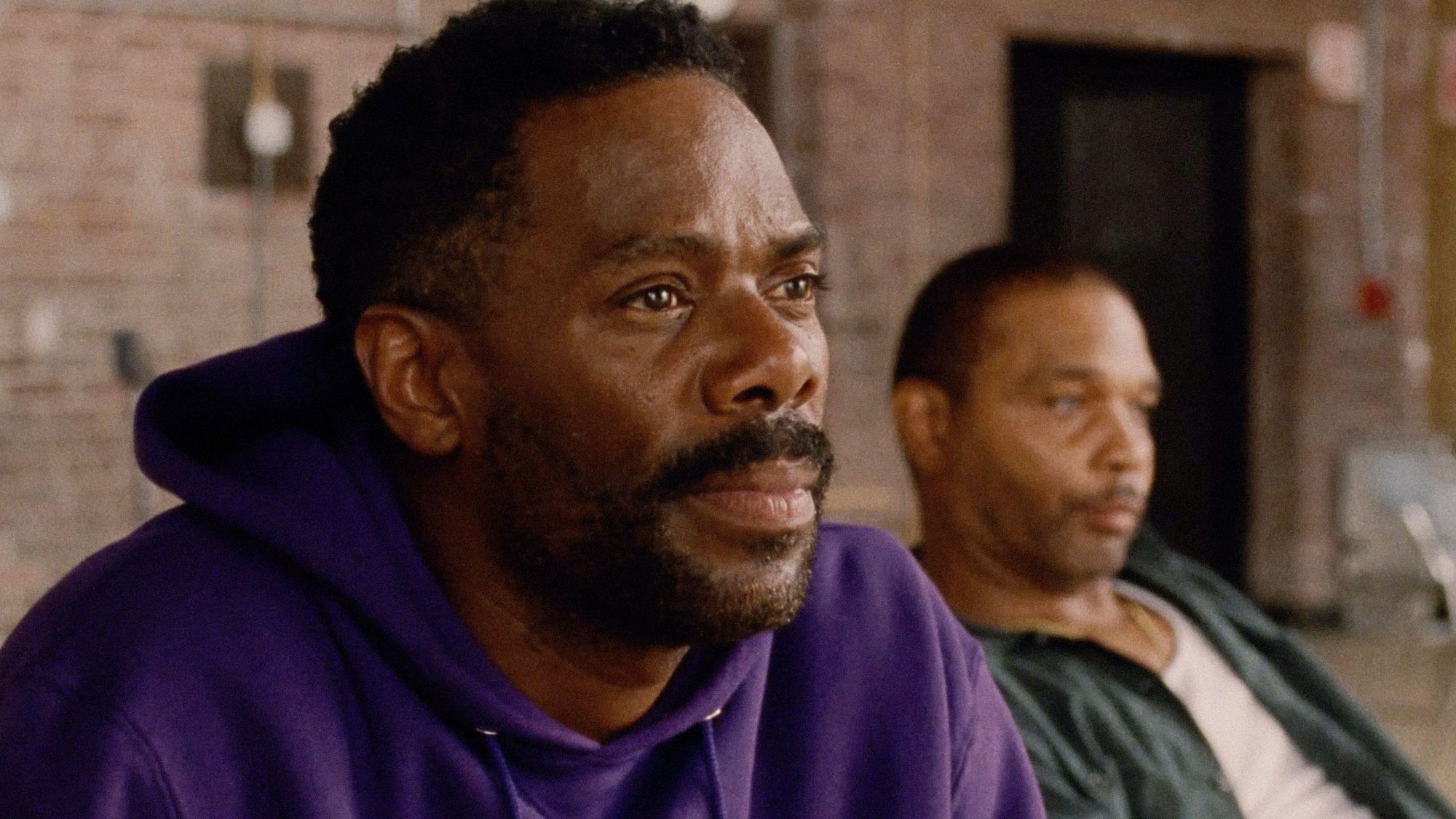 Sing Sing review: prison drama bursts with 'charm, energy and optimism'
Sing Sing review: prison drama bursts with 'charm, energy and optimism'The Week Recommends Colman Domingo plays a real-life prisoner in a performance likely to be an Oscars shoo-in
-
 Kaos review: comic retelling of Greek mythology starring Jeff Goldblum
Kaos review: comic retelling of Greek mythology starring Jeff GoldblumThe Week Recommends The new series captures audiences as it 'never takes itself too seriously'
-
 Blink Twice review: a 'stylish and savage' black comedy thriller
Blink Twice review: a 'stylish and savage' black comedy thrillerThe Week Recommends Channing Tatum and Naomi Ackie stun in this film on the hedonistic rich directed by Zoë Kravitz